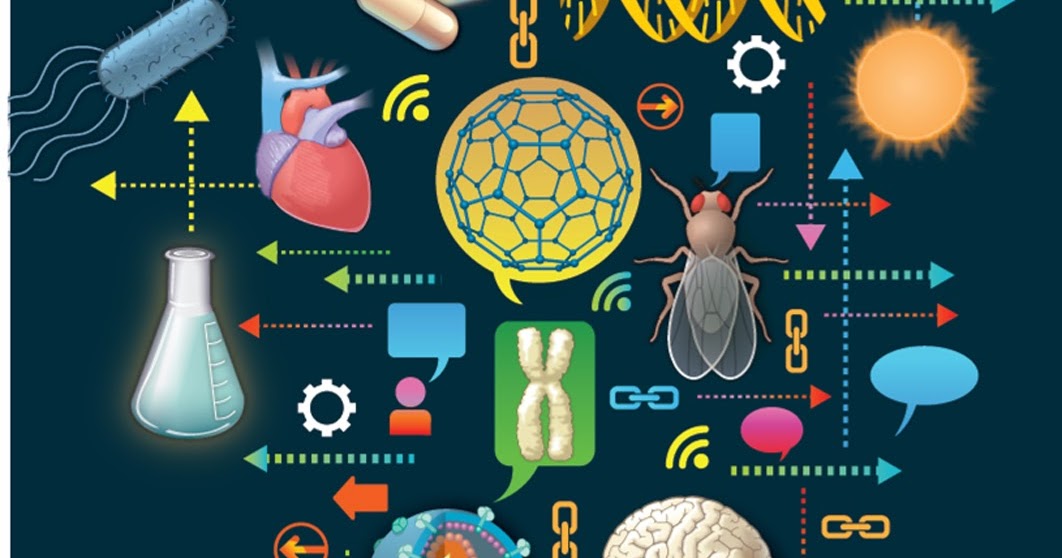What are sciences? Sciences are the systematic and organized study of the natural world and the universe.
Sciences use observation, experimentation, and hypothesis testing to build a body of knowledge about the world around us. Science is a vast and ever-expanding field, with new discoveries being made all the time.
Sciences are essential for understanding the world around us and for making progress in areas such as medicine, technology, and agriculture. Science has also played a major role in shaping our understanding of the universe and our place in it.
The main branches of science include:
Physical sciencesLife sciencesEarth sciencesSocial sciencesWhat are Sciences?
Sciences are the systematic and organized study of the natural world and the universe. They use observation, experimentation, and hypothesis testing to build a body of knowledge about the world around us. Science is a vast and ever-expanding field, with new discoveries being made all the time.
- Sciences are systematic and organized. This means that scientists follow a specific process to conduct their research. They start by making observations about the world around them. Then, they develop hypotheses, or tentative explanations, for these observations. Next, they test their hypotheses through experimentation. Finally, they draw conclusions based on the results of their experiments.
- Sciences are based on evidence. Scientists do not rely on personal opinion or tradition when they make claims about the world. Instead, they base their claims on evidence that they have collected through observation and experimentation.
- Sciences are constantly evolving. As new evidence is discovered, scientists update their theories and models to reflect this new information. This means that science is always changing and growing.
- Sciences are essential for understanding the world around us. Science has helped us to understand everything from the laws of physics to the origins of life. It has also played a major role in developing new technologies that have improved our lives.
- Sciences are a powerful tool for solving problems. Scientists use their knowledge of the natural world to develop new solutions to problems such as climate change, disease, and poverty.
Science is a fascinating and ever-changing field that has the power to improve our lives in countless ways. By understanding the key aspects of science, we can better appreciate its importance and its potential.
FAQs about Sciences
Sciences are the systematic and organized study of the natural world and the universe. They use observation, experimentation, and hypothesis testing to build a body of knowledge about the world around us. Science is a vast and ever-expanding field, with new discoveries being made all the time.
Question 1: What are the main branches of science?
Answer: The main branches of science include physical sciences, life sciences, earth sciences, and social sciences.
Question 2: How do scientists conduct research?
Answer: Scientists start by making observations about the world around them. Then, they develop hypotheses, or tentative explanations, for these observations. Next, they test their hypotheses through experimentation. Finally, they draw conclusions based on the results of their experiments.
Question 3: Why is science important?
Answer: Science is essential for understanding the world around us and for making progress in areas such as medicine, technology, and agriculture. Science has also played a major role in shaping our understanding of the universe and our place in it.
Question 4: Is science constantly changing?
Answer: Yes, science is constantly changing and growing. As new evidence is discovered, scientists update their theories and models to reflect this new information.
Question 5: What are some examples of how science has improved our lives?
Answer: Science has helped us to develop new technologies that have improved our lives in countless ways, such as the development of vaccines, antibiotics, and computers.
Question 6: What are some of the challenges facing science today?
Answer: Some of the challenges facing science today include climate change, disease, and poverty. Scientists are working hard to find solutions to these challenges and to improve our understanding of the world around us.
Summary: Sciences are a vital part of our world. They help us to understand the world around us and to make progress in areas such as medicine, technology, and agriculture. Science is constantly changing and growing, and it is essential for us to continue to support scientific research.
Transition to the next article section: The next section of this article will discuss the importance of science education.
Conclusion
Sciences are the systematic and organized study of the natural world and the universe. They use observation, experimentation, and hypothesis testing to build a body of knowledge about the world around us. Science is a vast and ever-expanding field, with new discoveries being made all the time.
Sciences are essential for understanding the world around us and for making progress in areas such as medicine, technology, and agriculture. Science has also played a major role in shaping our understanding of the universe and our place in it.
The Ultimate Guide To Calculating Your Administrative Fundraising Rate
Why The Republican Party Strongly Opposed The Alien & Sedition Acts
The Life And Deeds Of King Saul: A Biblical Narrative

Ciencias exactas qué son y para qué sirven las ciencias puras

Características de la ciencia by Camilo Duarte Issuu

CIENCIAS BIOLOGIA Y QUIMICA LO MEJOR ¿QUE ES LA CIENCIA?